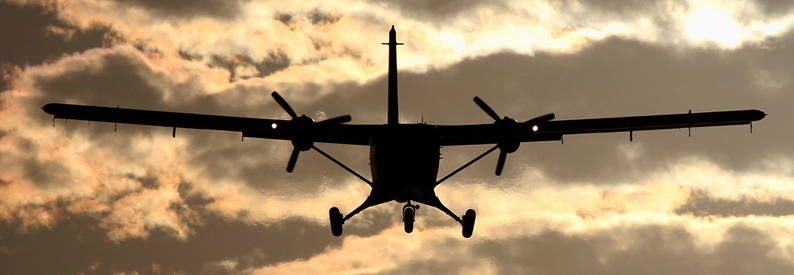De Havilland Canada Explores Revival of Short Sherpa Cargo Aircraft for Modern Missions

De Havilland Aircraft of Canada is contemplating the revival of the Short Sherpa, a twin-turboprop cargo plane last produced in 1990, to meet contemporary aviation needs. The potential relaunch aims to cater to various applications, including humanitarian efforts, capitalizing on the aircraft’s rugged design and short takeoff and landing capabilities.
The initiative follows De Havilland Canada’s acquisition of the type certificates for the Short Skyvan, 330, 360, and Sherpa in 2019, as part of the purchase from Spirit AeroSystems, which had acquired the former Short Brothers operation in Belfast from Bombardier. This acquisition complements De Havilland Canada’s portfolio of type certificates for several out-of-production aircraft, including the DHC-6 Twin Otter and Dash 8-400, as well as the Canadair CL-215 and -415 amphibious water bombers.
De Havilland Canada is in the preliminary phase of market analysis for the Sherpa aircraft, aiming to gather insights from the aviation community on potential use cases. The company’s focus will be on modernizing the aircraft’s design to enhance its applicability and performance in today’s aviation landscape.
The Sherpa, also known as the C-23 in military service, was initially developed as a light transport derivative of the Short 330/360 regional turboprop, boasting a 30-40 seat capacity. With over 60 units produced, the U.S. Air Force and Army were among the primary operators, utilizing the Sherpa until 2014. Featuring Pratt & Whitney Canada PT6A engines and a rear cargo ramp, the aircraft is renowned for its 195 nm range with a 7,000-lb. payload and its ability to operate from unpaved runways, making it ideal for a variety of missions.
Since the acquisition of the type certificates, De Havilland Canada has successfully returned the Twin Otter to production, with plans to commence deliveries of the updated CL-515 water bomber in 2027. The company had previously halted production of the Dash 8-400 in 2022, following the sale of the Bombardier-owned Downsview plant in Toronto.
Looking ahead, De Havilland Canada is preparing to establish a new production facility, De Havilland Field, in Wheaton County, east of Calgary, Alberta. This state-of-the-art facility is expected to serve as the final assembly site for the Dash 8-400, should its production resume, as well as for the Twin Otter and DHC-515, signaling De Havilland Canada’s continued commitment to innovation and meeting the evolving needs of the global aviation industry.
